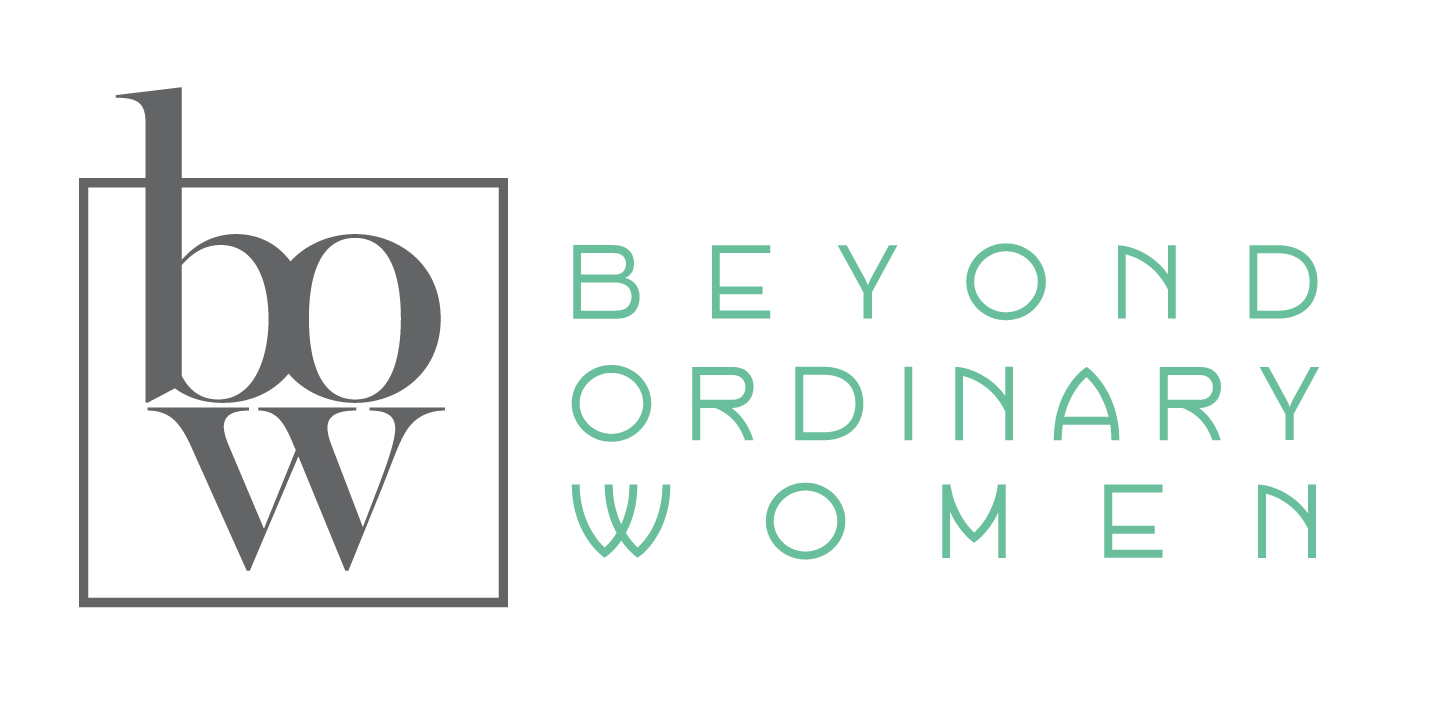My guest blogger today is Kristen Zion Pool, who has led me and other women from our church in discussion of the issue of racism this summer. I asked her to give us a glimpse into how it has affected her.
I was feeling pretty good about myself. Proud, even. My self-awareness and empathy had reached new heights. I had been woke enough to lead a small group of Christian women through a book on racism this summer. I was well on my way to becoming a social justice champion.
But then I met Robin DiAngelo. And while I didn’t meet her in person, the forcefulness and impact of her words as they streamed across the podcast to my ears felt as if she was sitting next to me in my office. Krys Boyd had asked her why she believes that white progressives (a group I like to identify with) pose such a great threat. Here’s DiAngelo:
“I define a white progressive as any white person who thinks they’re not racist or less racist…or who’s listening right now thinking of all the other white people they wish were listening…whose number one question is, ‘How do I tell so-and-so about their racism?’ I think [white progressives] are the most challenging for a couple reasons. We are more likely to be in the lives of people of color and our certitude that all our learning is finished, that we’re not in any way a part of the problem, sets us up to be rather arrogant, not open, and not [able] to listen. So if the topic of racism comes up and I see myself as absolutely having no issues at all, generally what I’m going to put my energy [into] is making sure you know that I’m good to go…This is the most complex, nuanced, layered, sensitive, charged social dilemma since the beginning of this country and my learning will never be finished. I will never be free of my conditioning because every moment that I push against these relentless messages of white superiority that are coming at me from every possible place… they’re coming back at me.”
I was crushed. In my faith tradition, we do not often use or hear the words, “God have mercy.” (That’s reserved for “high church” denominations.) And, yet, these became the words that were reverberating through my heart and mind. “God have mercy.” Have mercy on me, an arrogant person who thinks that she should be proud of herself for (finally) engaging the topic of racism. Have mercy on me, a sinner who thinks she’s learned enough and grown enough to be free of the sin that still entangles “others.” Have mercy on me, a person whose first reaction to DiAngelo’s words literally were “___________________ should be listening to this.” Have mercy on me, a person who will never be free (on this side of heaven) of my conditioning to think that whiteness is superior.
This fall, our women’s Bible study will plunge head-first into the book of Ecclesiastes. One of the reasons I love this Old Testament wisdom book is because it reminds me that emotional sobriety is of paramount importance in self-assessment. On my own, I will vacillate between pride and despair, victory and defeat. I will gloat in my “wokeness” one day and then follow that with a day of self-flagellation.
Ecclesiastes forces the issue. The author does not let us sit too long in our own glory without reminding us that “all is vanity” (a phrase used 38 times). Yet he offers glimpses of hope as well, urging his readers to “eat your bread with joy and drink your wine with a merry heart [while you] enjoy life…” (Eccl 9:7-9). In this sin-soaked world “under the sun,” one of the greatest gifts you and I can take hold of is emotional sobriety, a state in which we assess ourselves in a balanced, levelheaded, controlled way. When we think soberly of ourselves, our world, and our systems of thought, we are able to start the journey toward change.
When I apply this to the topic of racism, I challenge myself to stop pendulum swinging. The world does not need another white person who is proud of herself for being so enlightened. But the world also does not need another white person who sorrows in her own defensiveness and wrongness. God is calling me to live the life of a reader of Ecclesiastes – emotionally sober. He is calling me to a humble and serious assessment of myself, my world, and my impact in it. He is calling me to follow him in engaging the “evil days” while also finding joy in “[my] Creator” (Eccl 12:1). The question is if I will have the humility to embrace this calling.
